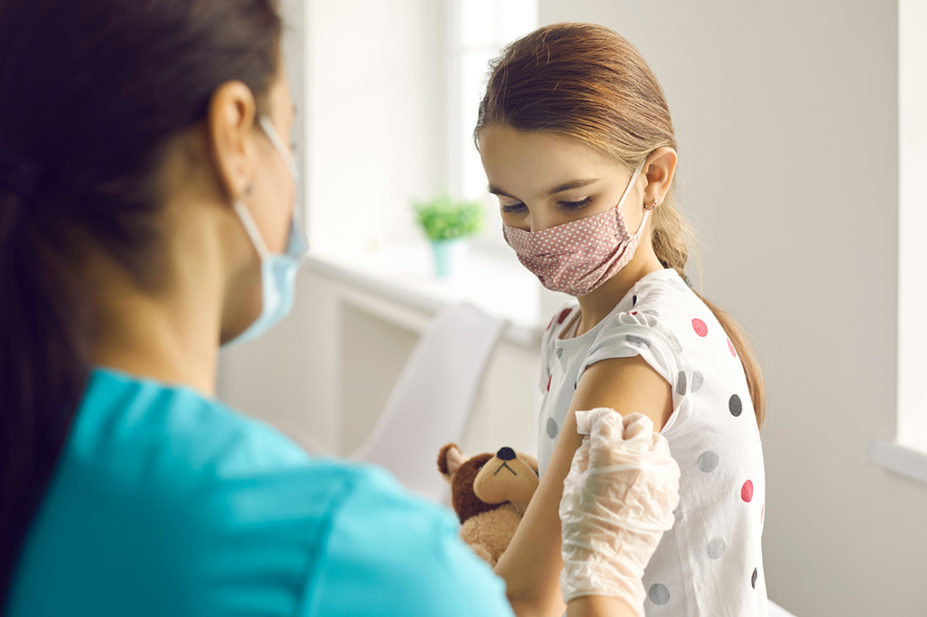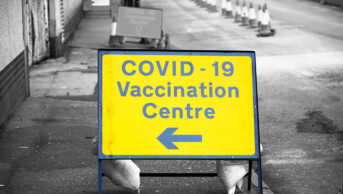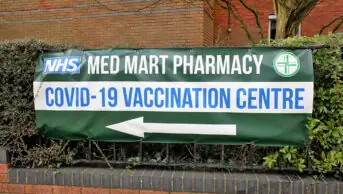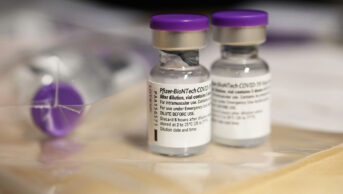
Shutterstock.com
Certain groups of children aged 5 to 11 years should be offered two doses of the Pfizer/BioNTech COVID-19 vaccine, according to the latest advice from the Joint Committee on Vaccination and Immunisation (JCVI).
In a statement published on 22 December 2021, the JCVI said that “at the current time” it considered the balance of potential benefits and harms to be “in favour” of offering COVID-19 vaccination to children aged 5 to 11 years who are in a clinical risk group, or who are household contacts of an immunosuppressed individual of any age.
The statement added that a 10-microgram dose of Pfizer/BioNTech vaccine for both the first and second doses was “considered appropriate”, with an interval of eight weeks between the first and second doses. The usual dose is 30 micrograms.
It also said that the minimum interval between any vaccine dose and recent COVID-19 infection should be four weeks.
The JCVI also recommended a booster vaccination for young people aged 16 to 17 years; those aged 12 to 15 years who are in a clinical risk group or who are a household contact of someone who is immunosuppressed; and those aged 12 to 15 years who are severely immunosuppressed and who have already had a third primary dose of their COVID vaccination.
The JCVI advised that these cohorts should be offered a booster dose of 30 micrograms of the Pfizer/BioNTech COVID-19 vaccine no sooner than three months after completion of their primary course.
In an earlier announcement, made on 29 November 2021, the JCVI advised expanding booster vaccination eligibility to all adults in the UK, in response to the designation of the Omicron COVID-19 variant as “a variant of concern” by the World Health Organization on 26 November 2021.
The JCVI said that the recommendation regarding booster vaccination for children and young people aged 12 to 17 years constituted a “secondary extension” of its initial response measures.
Study results using data from 2,268 children aged 5 to 11 years published in the New England Journal of Medicine on 9 November 2021 suggest that vaccine efficacy was around 91% in those vaccinated with the Pfizer-BioNTech COVID-19 vaccine. Vaccination-related adverse reactions were mainly low-grade local and systematic reactions lasting one or two days, with the most common being injection site pain.
On 12 December 2021, prime minister Boris Johnson announced that booster jabs would be offered to all eligible adults aged 18 years and over in England by the end of December 2021. So far, more than 30 million people have received a booster vaccination.
Read more: COVID-19 booster campaign: everything we know so far


